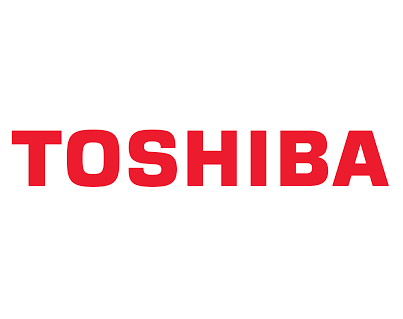Toshiba’s $3 Billion 2030 Revenue Target For Quantum Encryption Is As Bold As It Gets

(WCCF.Tech) Japanese electronics manufacturer Toshiba Corporation has revealed its plans for profiting from cryptographic data protection services. The company hopes to earn $3 billion in revenue from the services by 2030, reports Reuters and it has partnered up with U.S. telecommunications carrier Verizon Communications Inc and British carrier BT Group for this purpose. The trio has already commenced development on what they’ve termed as Quantum Key Distribution (QKD), and Toshiba’s announcement comes as it restructures its businesses to deal with widespread global economic disruption.
Leveraging quantum computing to ensure information security is a forward-thinking approach that looks to counter the threat posed by such systems to existing cryptographic keys tasked with maintaining privacy. The nature of these systems poses a threat to the cryptographic keys which can be ‘broken’ due to the computational advantages offered by quantum computers.
QKD looks to offer a solution to this risk by providing keys for data security that are generated by quantum computers themselves, and therefore do not carry the risk of being deciphered by the systems themselves.
As opposed to the United States where carriers are currently focusing on deploying next-generation 5G cellular networks, those in South Korea have already started to make quantum cryptography available to consumers. For instance, SK Telecom offers the Galaxy A Quantum, a 5G-enabled smartphone that also features a quantum random number generator (QRNG) chip for sale in South Korea.



















